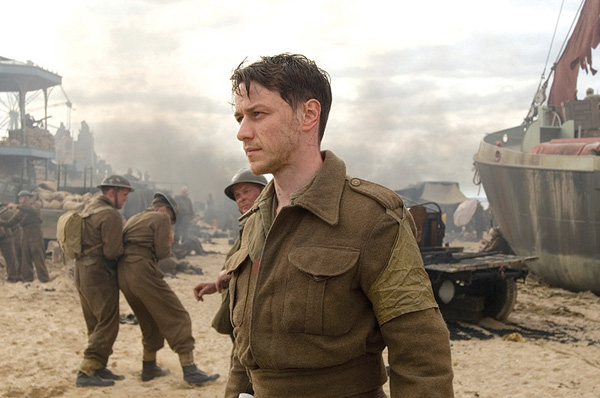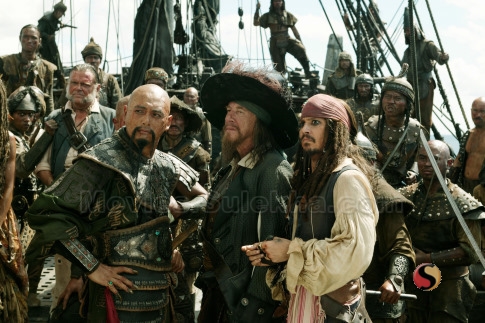
Dario Marianelli, an Italian composer, has been slowly making his way into the popular film score scene since the early 1990s. His style tends to combine traditional classical and programmatic music sensibilities found in composers like Saint-Saëns, Tchaikovsky, and Chopin. Although there have only been trailers up until this point, his upcoming work for The Boxtrolls seems particularly innovative and different for his usual work.
Marianelli’s most notable score work has been in his frequent collaborations with director Joe Wright. The two have worked together on four films–Pride and Prejudice, Atonement, The Soloist, and Anna Karenina–and the bulk of Marianelli’s critical acclaim and notoriety has come from these particular projects (though he is certainly deserving elsewhere). For this month’s column, I’ll look at the essential themes from each Wright/Marianelli’s period pieces (given that The Soloist borrows heavily from other classical pieces and received mixed acclaim).
Pride and Prejudice
Marianelli’s score for Pride and Prejudice is a quieter and more pensive score than his other two. This is aided, in part, from wonderful concert pianist Jean-Yves Thibaudet who is heavily featured on most of the tracks. Pride and Prejudice is perhaps the least stylized of Wright’s films; it follows the fairly traditional period piece structure with long shots of fields and dance scenes. That said, Marianelli’s score provides much needed nuance and romance to an otherwise fairly run-of-the-mill (although visually stunning) adaptation of Jane Austen’s classic novel. The use of piano in particular lends to the pastoral feel of the entire film. Tracks of note: “Dawn,” “Another Dance,” and “Darcy’s Letter.”
Atonement
Like the structure of Atonement itself, the score functions in three separate acts. Marianelli adjusts style and instrumentation for each, reflecting back on the maturity of the characters as well as the heightening of the drama. Earlier pieces in the score (“Robbie’s Note,” “Briony,” and “With My Own Eyes”) all rely heavily on piano as well as a typewriter sound, mimicking the importance of letter-writing and also serving as an anxiety-inducing type of percussive sound. Tracks further in the film–the war period, for instance–rely on louder string and brass pieces. The pacing is much less light, and the pieces drag as the characters are pulled away from each other. “Denouement,” in particular, has a much more complicated theme than some of the earlier compositions. Listened to on its own, the Atonement score is like a three-act ballet or opera (complete with a men’s choir): moving, aching, yearning. Tracks of note: “Robbie’s Note,” “With My Own Eyes,” and “Elegy for Dunkirk.”
Anna Karenina
Marianelli’s work on Anna Karenina is the most entertaining and diverse score thus far in his career. It works fundamentally as a good score to a film–enhancing and coloring scenes–but it also works objectively as a piece of music in and of itself. It’s like a Tchaikovsky ballet or mini-symphony. It’s bouncing and playful in parts, luscious and romantic in others. Each character has a notable theme and rhythm, most colorful being Oblonsky’s theme (featured in “Clerks”). It’s fantastic programmatic music, as equally stylized and in-your-face as the film itself. Tracks of note: “Overture,” “Dance With Me,” and “I Understood Something.”
— Fran Hoepfner






